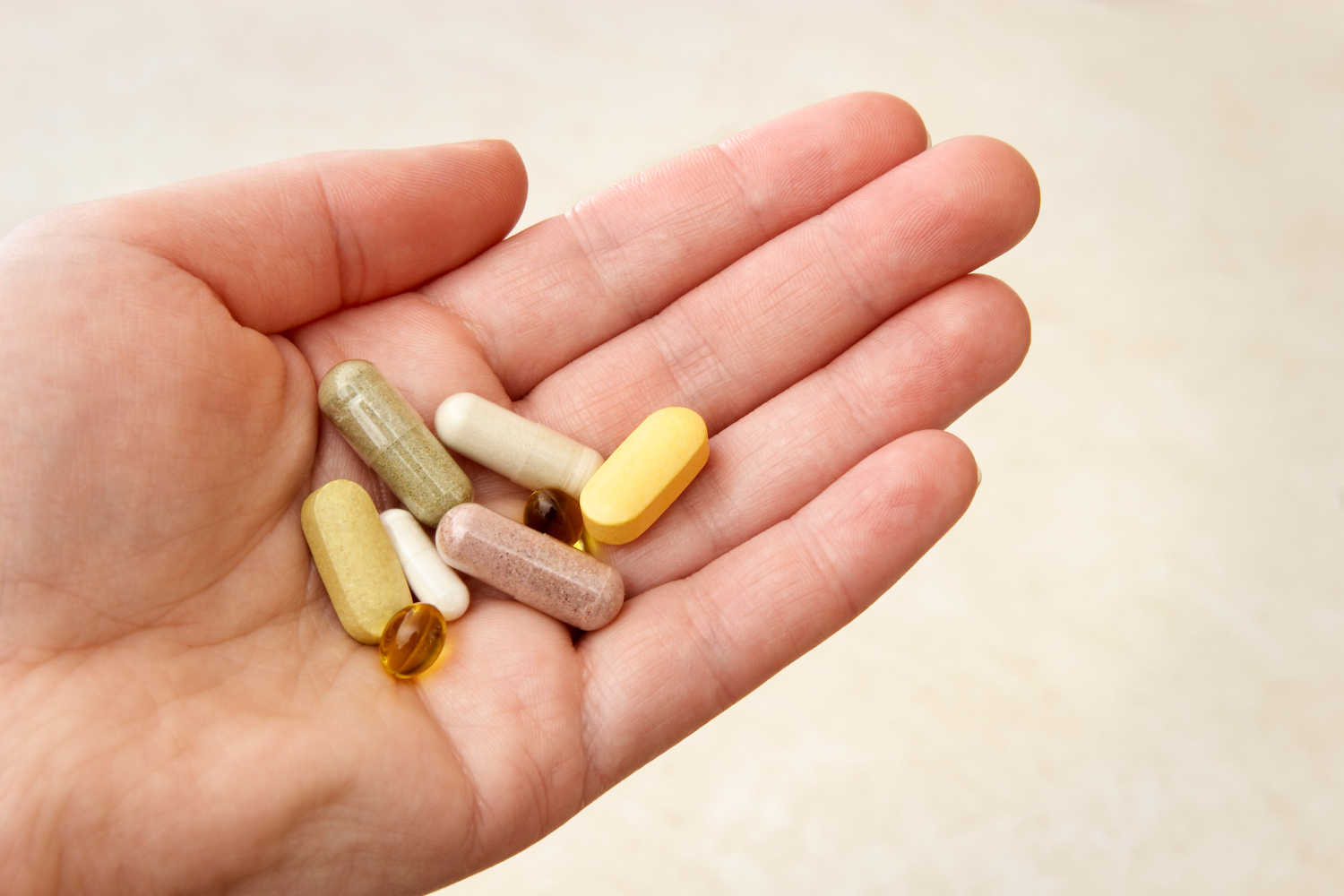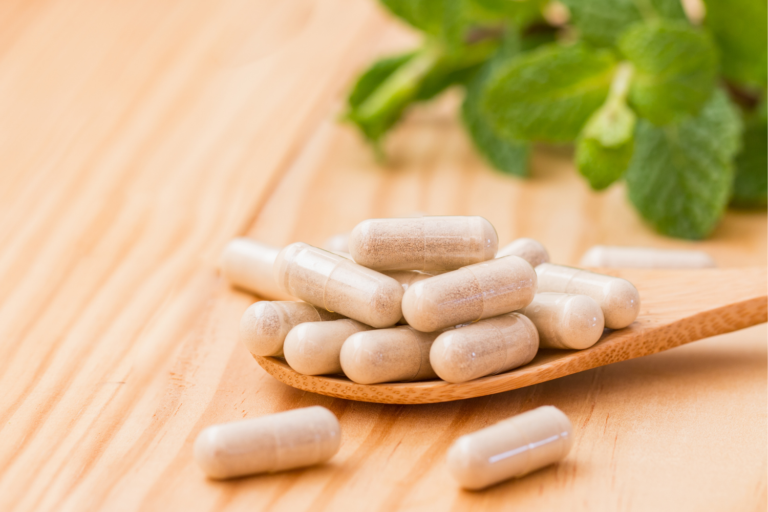The demand for brain supplements is growing as consumers seek solutions to support brain health, improve cognitive function, and enhance mental performance. Research-backed ingredients like Lion’s Mane, Bacopa, and DHA are key in formulating effective brain health supplements that support memory, focus, and overall brain function.
To meet market expectations, wellness brands looking to develop high-quality brain-boosting products must understand ingredient selection, formulation strategies, and best practices. This guide covers essential components for creating dietary supplements that promote cognitive health and support cognitive function in healthy adults.
Understanding Brain-Boosting Ingredients and Their Benefits
Brain supplements support cognitive function, memory retention, and mental clarity. These dietary supplements often contain ingredients that help maintain healthy brain function, reduce cognitive decline, and promote overall brain health. Consumers turn to brain health supplements to improve focus, enhance memory, and support long-term cognitive performance.
Key Benefits for Consumers
- Improved concentration: Helps maintain focus and mental alertness.
- Reduced mental fatigue: Supports energy levels and prevents burnout.
- Enhanced memory: Aids in memory retention and recall.
- Long-term brain health: May support long-term brain health.
Lion’s Mane, Bacopa, and DHA are widely used in brain supplements due to their cognitive support properties. Lion’s Mane has been studied for its potential to support nerve growth, Bacopa Monnieri is researched for cognitive function, and DHA is an essential component of brain cell membranes. These ingredients are backed by research and commonly found in memory supplements formulated to improve cognitive function.
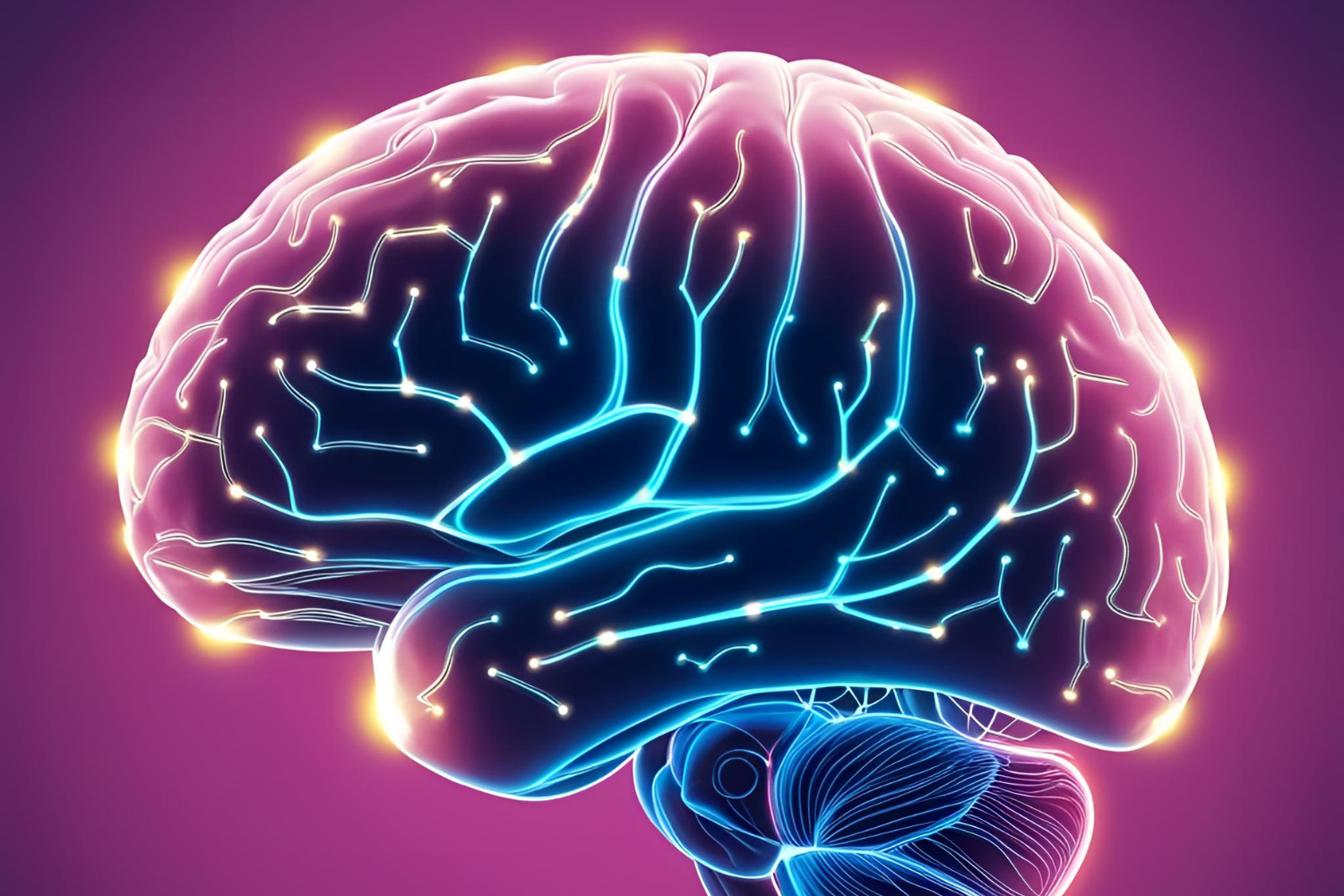
Primary Ingredients for Brain-Boosting Supplements
Formulating effective brain health supplements requires selecting ingredients that support cognitive functions, memory, and overall brain health. The following ingredients are key components in many top-selling brain supplements.
Lion’s Mane Mushroom
Lion’s Mane is a natural nootropic that has been studied for its potential to support nerve growth factor (NGF) production, which may play a role in cognitive function. Research suggests it may support cognitive function, memory, and mental performance. This ingredient is commonly used in traditional Chinese medicine for its neuroprotective effects. It is typically taken in doses of 500 mg to 1000 mg per day and is available in powder, capsules, and extract forms.
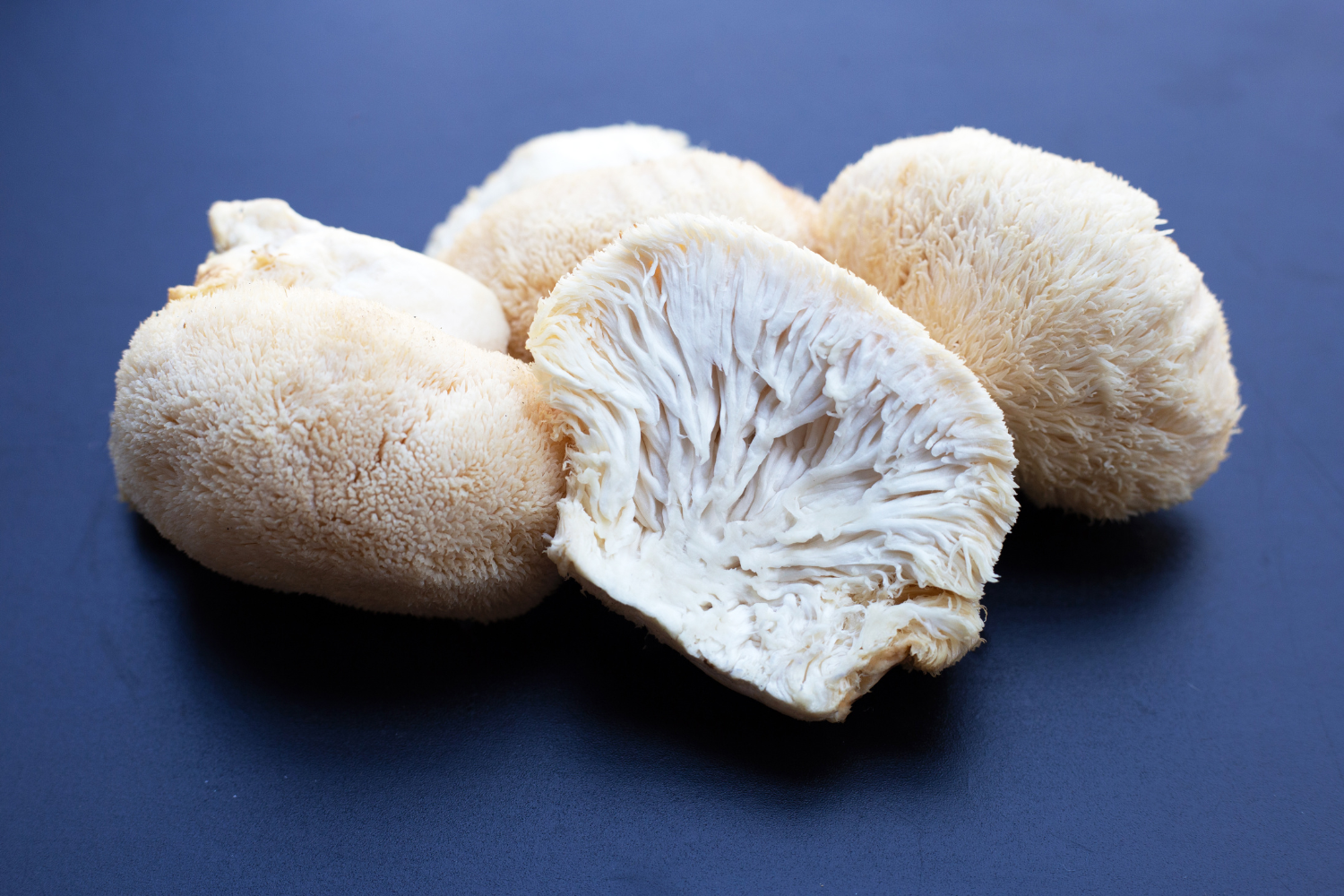
Bacopa Monnieri
Bacopa Monnieri is an adaptogenic herb traditionally used to support cognitive health, reduce stress, and sleep quality and enhance memory. Studies suggest Bacopa Monnieri may support cognitive function and brain health, making it a common ingredient in brain supplements. Some research explores its potential role in cognitive performance. Standardized extracts are commonly taken in doses of 300 mg to 600 mg per day, available in capsules, tablets, and liquid extracts.

DHA (Docosahexaenoic Acid)
DHA is an omega-3 fatty acid important for brain structure and function. Some studies suggest it may support cognitive health and brain cell integrity. DHA is commonly found in fatty fish and fish oil supplements, but vegan-friendly alternatives from algae oil are also available. A daily intake of 200 mg to 500 mg is recommended, with sources including fish oil, krill oil, and algae-based supplements.

Additional Ingredients for Enhanced Effects
Other ingredients can further support cognitive function and brain health when combined with Lion’s Mane, Bacopa, and DHA.
- Phosphatidylserine: Commonly used in supplements for cognitive support.
- Ginkgo Biloba: Included in formulations for its potential effects on circulation and cognitive support.
- L-Theanine and Caffeine Combo: Enhances alertness and focus without overstimulation.
- Rhodiola Rosea: Adaptogen that reduces mental fatigue and supports endurance.
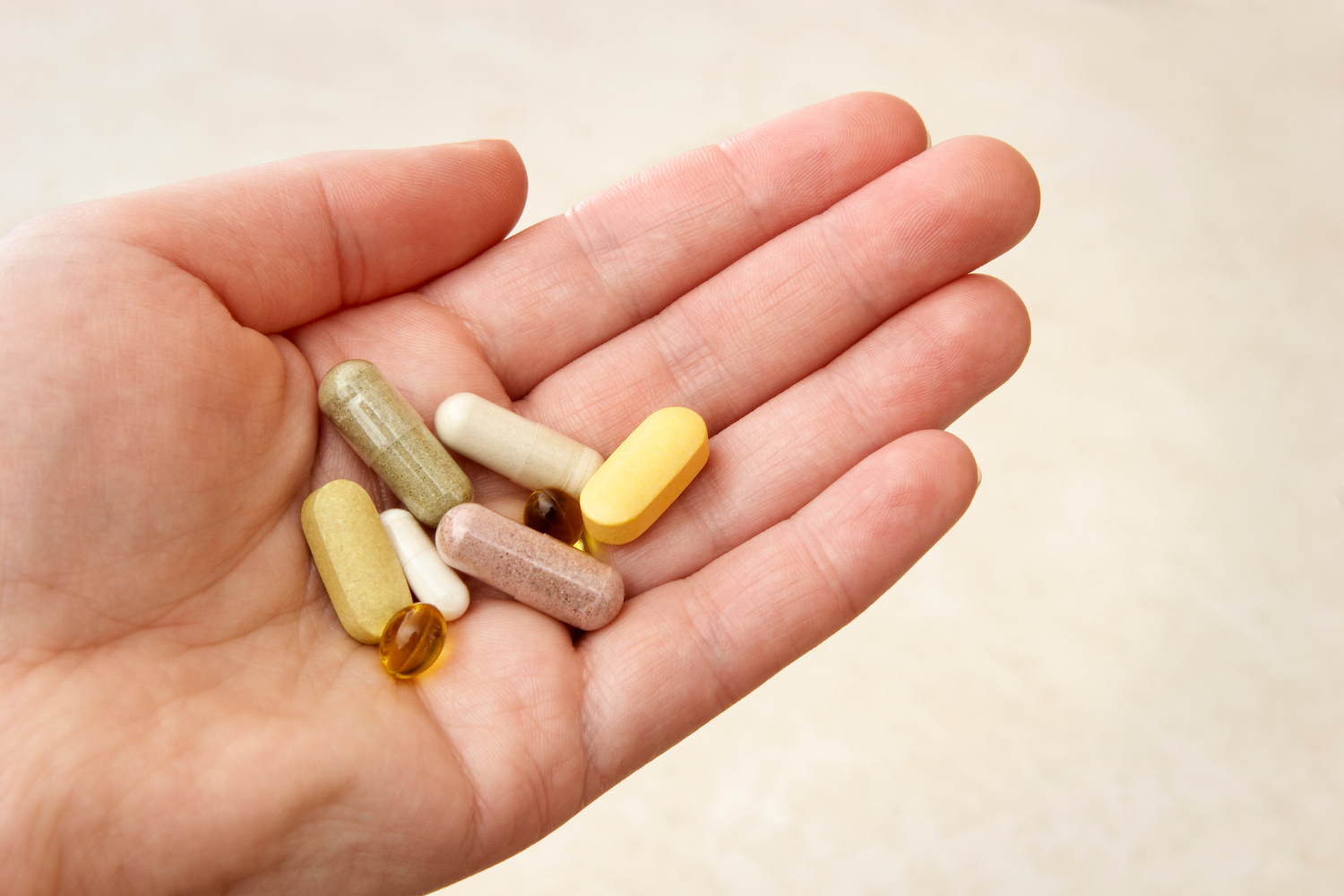
Formulation Tips for Effective Brain-Boosting Supplements
Creating an effective brain supplement requires careful formulation to ensure optimal cognitive benefits, proper dosages, and ingredient stability. The right combination of ingredients and delivery formats can enhance absorption and improve overall efficacy.
Synergistic Ingredient Combinations
Certain ingredient combinations can improve cognitive function by providing balanced and sustained effects. L-theanine and caffeine are often used together to enhance focus and mental alertness without the jitters associated with caffeine alone. Phosphatidylserine and DHA work synergistically to support brain cell function and memory retention. Adaptogens like Rhodiola Rosea pair well with Bacopa Monnieri to reduce mental fatigue while promoting stress resilience. These combinations are commonly used to support cognitive function through multiple mechanisms.
Dosage and Potency Guidelines
Effective brain supplements use research-backed dosages to provide noticeable benefits. Under-dosing can lead to minimal effects, while excessive amounts may cause side effects or inefficiencies. Clinical studies suggest that Bacopa Monnieri should be standardized to 300 mg to 600 mg per day, while DHA is most effective at 200 mg to 500 mg daily. Proper dosages may enhance the effectiveness of ingredients in supporting cognitive health, memory, and brain function.

Choosing Delivery Formats
Selecting the right delivery format depends on ingredient stability, consumer preference, and ease of use.
| Format | Pros | Cons |
|---|---|---|
| Capsules | Convenient, precise dosing, no taste | May be harder to swallow for some consumers |
| Powders | Customizable serving sizes, can mix into drinks | May have strong flavors or require added sweeteners |
| Softgels | Ideal for oils like DHA, easy to swallow | Limited to fat-soluble ingredients, can be more expensive |
Ensuring Ingredient Stability and Absorption
Proper formulation improves ingredient bioavailability and extends shelf life.
- Encapsulation techniques: Protects sensitive ingredients from oxidation.
- Use of bioenhancers: Black pepper extract (piperine) can improve the absorption of Bacopa Monnieri.
- Lipid-based delivery: Enhances absorption of fat-soluble ingredients like DHA.
- Moisture control: Prevents degradation of powdered ingredients.
Sourcing Quality Ingredients for Brain Health Supplements
High-quality ingredients are essential for effective brain supplements. Sourcing from reputable suppliers ensures potency, purity, and safety.
Selecting Reputable Suppliers
Reliable suppliers provide high-quality ingredients that meet industry standards.
- Look for GMP-certified suppliers to ensure compliance with manufacturing regulations.
- Verify ingredient testing for purity, potency, and absence of contaminants.
- Request certificates of analysis (COAs) to confirm quality and sourcing details.
- Choose suppliers with transparent sourcing to ensure ethical ingredient procurement.
Organic and Clean Labeling
Consumers increasingly prefer organic and clean-label brain health supplements. Organic ingredients reduce exposure to pesticides and synthetic additives, while clean-label formulations avoid artificial colors, fillers, and preservatives. Brands that highlight natural and organic ingredients appeal to health-conscious consumers looking to improve brain health through high-quality dietary supplements.
Sustainability Considerations
Sustainable sourcing is crucial for brain-boosting ingredients like DHA. Some fish-derived DHA sources raise sustainability concerns, leading many brands to offer algae-based DHA as an alternative for vegan and eco-conscious consumers. To protect biodiversity, ingredients like Bacopa Monnieri and Rhodiola Rosea should come from sustainably harvested sources. Choosing sustainable suppliers helps brands align with consumer demand for eco-friendly products.
Certifications and Third-Party Testing
Certifications and independent testing build consumer trust by verifying ingredient integrity. NSF and Informed-Choice certifications confirm that supplements meet strict quality and safety standards. Third-party lab testing ensures ingredients are free from contaminants like heavy metals and pesticides. These quality assurances help brands stand out in a competitive market and support public health by providing safe, reliable products.

Understanding the Consumer Market for Brain-Boosting Supplements
Brain supplements appeal to many consumers seeking cognitive support, memory enhancement, and mental clarity. Understanding target demographics helps brands tailor marketing strategies and product formulations.
Target Consumer Groups
- Students and Professionals: Seek focus and productivity boosters to enhance mental alertness.
- Aging Adults: Interested in memory supplements that support long-term cognitive health.
- General Wellness Consumers: Focused on holistic wellness and mental clarity.
Common Consumer Concerns
When choosing brain health supplements, consumers often prioritize safety, ingredient transparency, and long-term effectiveness. Many prefer natural ingredients over synthetic alternatives and look for products free from artificial additives. Concerns about potential side effects, interactions with medications, and the need for long-term research on certain supplements influence purchasing decisions. Providing clear ingredient sourcing and third-party testing information helps build trust.
Educational Marketing Strategies
Educating consumers about the benefits of brain supplements improves brand credibility and encourages informed purchasing decisions. Brands can share research-backed insights on how ingredients like Lion’s Mane and DHA support brain function. Content marketing through blogs, videos, and social media can explain how dietary supplements fit into a healthy diet and supplement routine. Providing guidance on dosage, safe usage, and how supplements support cognitive health can help consumers make confident choices.
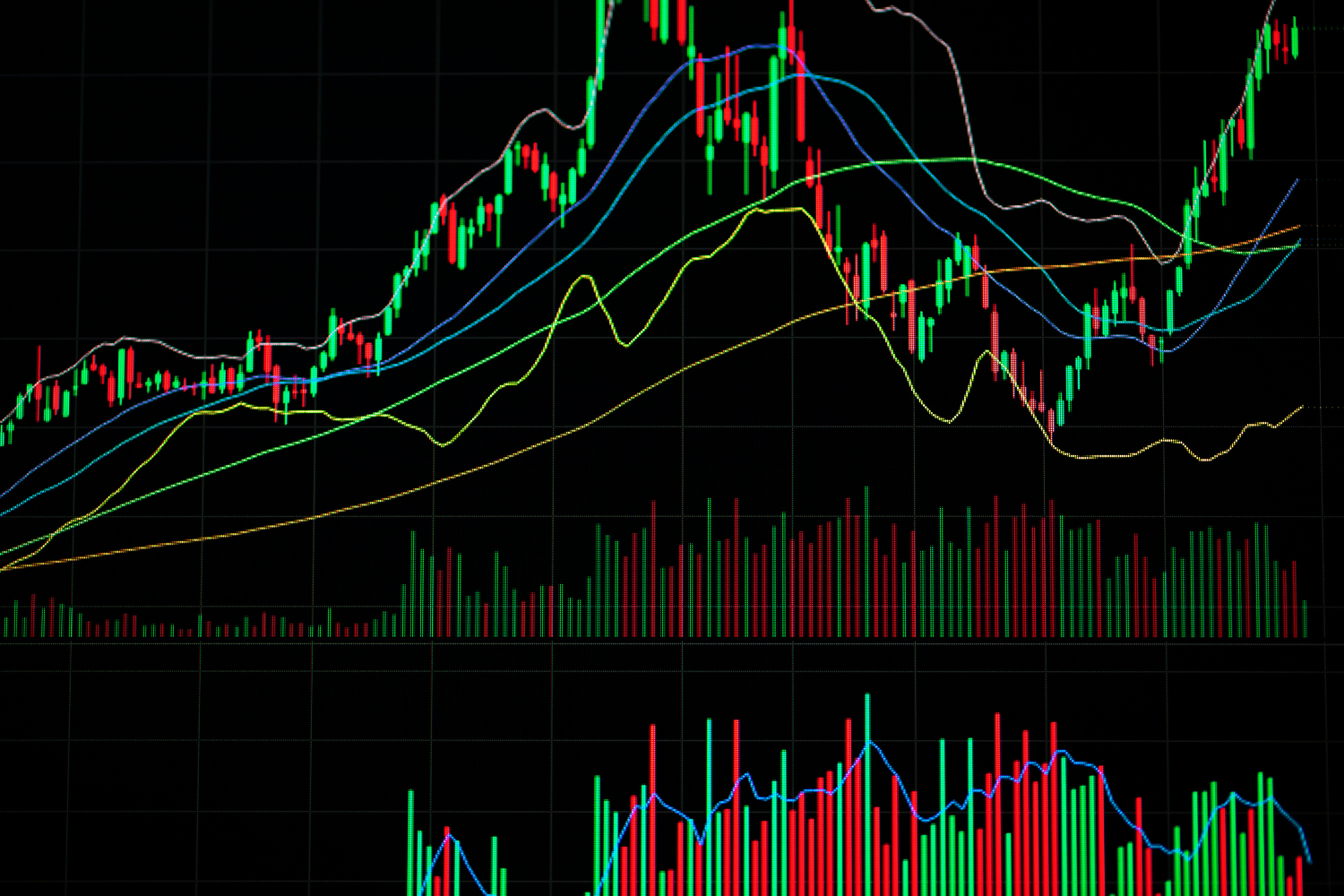
Marketing Your Brain-Boosting Supplement Line
A strong marketing strategy helps position brain supplements as effective solutions for cognitive support. Highlighting ingredient benefits, scientific research, and consumer success stories can improve credibility and attract buyers.
Positioning for Cognitive Health
Brain supplements can be positioned as options for those looking to support mental clarity, focus, and memory. Emphasizing how ingredients like Lion’s Mane, Bacopa Monnieri, and DHA support cognitive function can appeal to students, professionals, and aging adults. Brands can also highlight the role of essential nutrients like omega-3 fatty acids, B vitamins, and phosphatidylserine in maintaining a healthy brain. Positioning products as part of a well-balanced diet and supplement routine reinforces their value for overall brain health.
Leveraging Scientific Research
Using clinical research in marketing materials can validate the effectiveness of brain supplements. Studies suggest that Bacopa Monnieri may play a role in cognitive function, DHA contributes to brain structure, and Lion’s Mane is being explored for its potential effects on cognitive health. Citing research from institutions like the National Institutes of Health (NIH) or peer-reviewed journals builds credibility. Infographics, blog content, and educational videos explaining how these ingredients support brain function can improve consumer trust and drive sales.
Customer Success Stories and Testimonials
Positive testimonials help potential buyers see real-world benefits. Sharing user experiences about improved memory, mental alertness, and focus can encourage new customers to try the product. Brands can collect feedback through surveys, product reviews, and social media engagement. Highlighting success stories in ads, email campaigns, and website content can reinforce the supplement’s effectiveness.
Digital and Social Media Marketing
Online marketing plays a key role in promoting brain supplements. Blog articles, infographics, and educational posts can inform consumers about brain health benefits. Partnering with influencers in the wellness space helps reach a larger audience. Engaging video content demonstrating how supplements fit into a daily routine can boost brand visibility. Running targeted ads and email campaigns further strengthens consumer awareness and trust.
Quality Assurance and Compliance in Brain-Boosting Supplements
Ensuring product safety and regulatory compliance is critical for building trust and maintaining industry standards. Proper labeling, adherence to Good Manufacturing Practices (GMP), and third-party testing help brands meet consumer expectations.
Regulatory Compliance
Brain supplements must comply with FDA regulations and industry standards to ensure consumer safety.
- Follow FDA guidelines on dietary supplement claims and ingredient safety.
- Use structure/function claims that describe how ingredients support cognitive health without making medical claims.
- Ensure proper labeling with accurate ingredient amounts and supplement facts.
- Meet state and international regulations if selling in multiple markets.
Accurate and Transparent Labeling
Clear labeling helps consumers make informed choices and builds trust in brain health supplements. Ingredient amounts, sources, and any potential allergens should be listed accurately. Including details on omega-3 fatty acids, B vitamins, and herbal extracts ensures transparency. Avoiding misleading claims and providing recommended dosages based on research further supports consumer confidence.
Adhering to GMP Standards
Following Good Manufacturing Practices (GMP) ensures that brain supplements are consistently produced and meet quality standards. GMP guidelines cover ingredient sourcing, manufacturing processes, packaging, and storage conditions. Adhering to these standards reduces the risk of contamination, maintains product potency, and ensures supplements deliver the intended cognitive support benefits.
Third-Party Testing for Potency and Safety
Independent testing verifies the quality and safety of brain supplements.
- Confirms ingredient potency to ensure active compounds meet label claims.
- Tests for purity by screening for contaminants like heavy metals and pesticides.
- Helps verify product quality by screening for allergens and contaminants.
- Builds consumer trust by providing certification from reputable labs.
Meeting these quality and compliance standards strengthens a brand’s reputation and ensures supplements effectively support brain health.
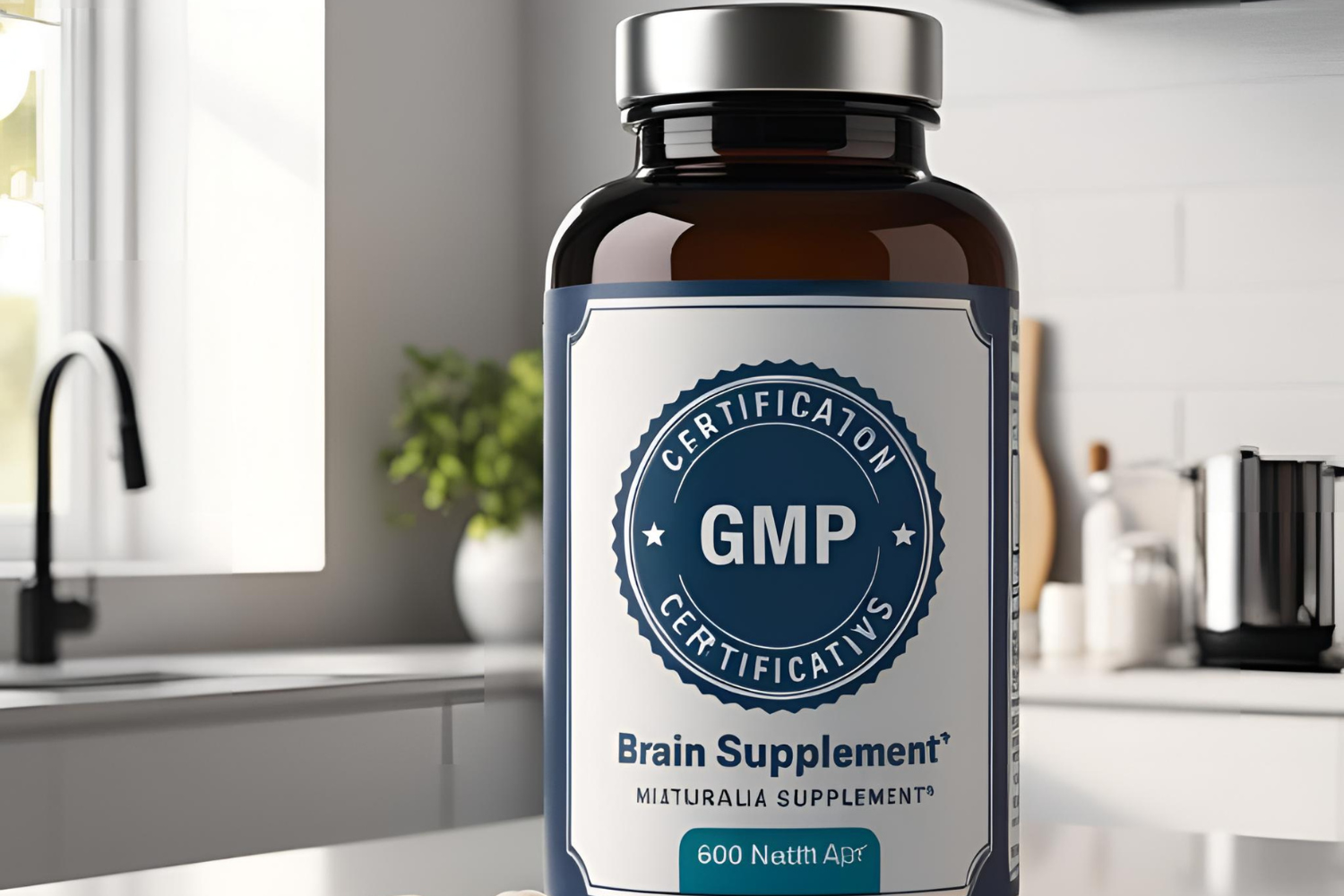
Building a Successful Brain-Boosting Supplement Brand
The brain supplement market offers strong opportunities for wellness brands to prioritize high-quality, research-backed formulations. Success depends on sourcing premium ingredients, optimizing dosages for cognitive support, and educating consumers on the benefits of supporting brain health with supplements. Transparency in labeling, adherence to regulatory standards, and a commitment to effective, science-driven formulations help brands build trust and long-term customer loyalty.
Frequently Asked Questions
What are the best dosages for ingredients like Lion’s Mane, Bacopa, and DHA?
Lion’s Mane is typically taken at 500 mg to 1000 mg daily, Bacopa Monnieri at 300 mg to 600 mg of standardized extract, and DHA at 200 mg to 500 mg per day.
Can these brain-boosting supplements be taken daily?
Yes, most brain health supplements are designed for daily use, but following recommended dosages and consulting a healthcare professional is advised.
How soon can consumers expect to see results from brain health supplements?
Results vary, but many users report noticeable cognitive improvements within a few weeks to three months of consistent use.
What makes a brain-boosting supplement effective?
An effective brain supplement contains research-backed ingredients in clinically tested dosages and uses bioavailable forms for optimal absorption.
How do I ensure my supplements are safe and meet quality standards?
Safety and quality are ensured through third-party testing, GMP-certified manufacturing, accurate labeling, and compliance with FDA regulations.
References
- National Center for Complementary and Integrative Health. (2025). Herbs at a Glance. https://www.nccih.nih.gov/health/herbsataglance
- National Institute on Aging. (2023). What Do We Know About Diet and Prevention of Alzheimer’s Disease? https://www.nia.nih.gov/health/alzheimers-and-dementia/what-do-we-know-about-diet-and-prevention-alzheimers-disease
- National Institutes of Health. (2024). Omega-3 Fatty Acids – Health Professional Fact Sheet. https://ods.od.nih.gov/factsheets/Omega3FattyAcids-HealthProfessional/
- U.S. Department of Agriculture. (2025). Organic Agriculture. https://www.ers.usda.gov/topics/natural-resources-environment/organic-agriculture
- U.S. Food and Drug Administration. (2024). Current Good Manufacturing Practices (CGMPs) for Food and Dietary Supplements. https://www.fda.gov/food/guidance-regulation-food-and-dietary-supplements/current-good-manufacturing-practices-cgmps-food-and-dietary-supplements
- U.S. Food and Drug Administration. (2005). Dietary Supplement Labeling Guide. https://www.fda.gov/food/dietary-supplements-guidance-documents-regulatory-information/dietary-supplement-labeling-guide
- Walker EA, Pellegrini MV. Bacopa monnieri. [Updated 2023 Mar 17]. In: StatPearls [Internet]. Treasure Island (FL): StatPearls Publishing; 2025 Jan-. Available from: https://www.ncbi.nlm.nih.gov/books/NBK589635/
